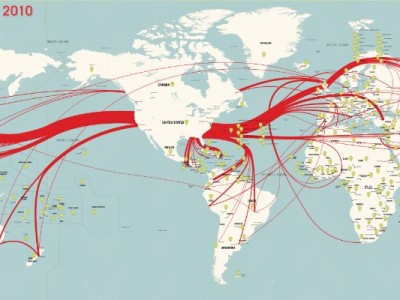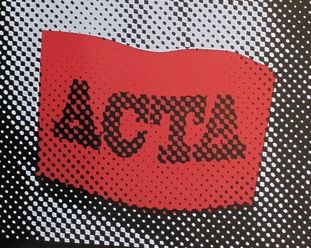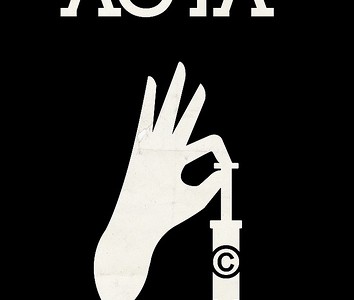Stories about Regulation from July, 2012
Zambia: Pupils Expelled For Facebook Activities
Twenty one pupils at a secondary school in rural western Zambia have been expelled over vile messages against their teachers on Facebook. Meanwhile, ruling party boss wants Zambian citizen news website shut.
China: Beijing Arrests 5,007 Netizens in 2012 So Far
According to mainland Chinese media report, Beijing city steering committee and public security bureau had a working group meeting in July 24 on the control of the internet during summer vacation. The head of Beijing police Fu Zhenghua (傅政华)told the reporters that the public security authorities would strengthen law enforcement...
European Telco Proposal to ITU: A Threat to the Open Web?
A group of European telecommunications companies has made a proposal for global Internet regulation that could fundamentally alter the free flow of information online and undermine Internet neutrality. Parts of the proposal could disadvantage independent creators and content producers, particularly those in less-developed countries.
London Olympic Official Website Files its ICP Record in China
A number of Chinese netizens noticed that the London 2012 Olympic Official Website: london 2012.com has filed its Internet Content Provider (ICP) record in China. At the bottom of the website, the filing number is written in light grey colour: ICP filing number(京ICP备12028602号) Many are astonished by such act as...
Mexico: Congress Resolves to Reject ACTA
On July 18, 2012, both the Senate and House of Representatives in Mexico passed resolutions calling for the country's new President, Enrique Peña Nieto, to nullify Mexico's signature on the ACTA treaty. Mexico's Ambassador to Japan, Claude Heller, signed the treaty a week prior, despite strong rejections of its terms by Mexico's Senate and the country's telecommunications commission.
Costa Rica: Cybercrime Law Threatens Internet Freedom
Costa Rica just passed Law 9048, which includes reforms to the country’s Criminal Code to create new cybercrime offenses, including rules against illegal access and interception of communications. Journalists and internet freedom activists are trying to modify the most controversial part of the law which criminalizes the publication of State secrets, the use of any form of e-impersonification and the spread of false news.
Mexico: The Government Signed ACTA While Mexicans Were Asleep
The Mexican government signed its adhesion to ACTA (Anti-Counterfeiting Trade Agreement) on Wednesday, July 11th. 2012 in Japan while it was the middle of the night in Mexico. Netizens showed their outrage complaining that the federal government acted against the will of the people and of the Senate.
Syria Files: More Western technology for the Syrian regime
Western technology has played a key role in providing the Syrian regime with tools to track and repress citizens for years. The latest Wikileaks files on Syria, which include more than two million emails from political figures and companies, reveal that the involvement of Western companies in the crackdown against Syrian citizens has continued despite sanctions and international pressure.








